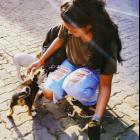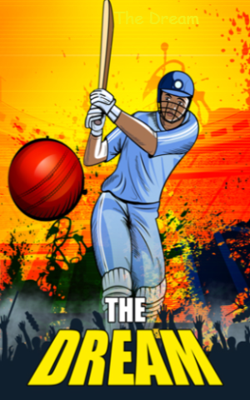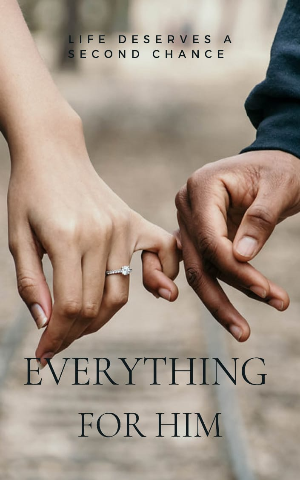Barn Burning 1
Barn Burning 1


THE STORE in which the Justice of the Peace's court was sitting smelled of cheese. The boy,
crouched on his nail keg at the back of the crowded room, knew he smelled cheese, and more:
from where he sat he could see the ranked shelves close-packed with the solid, squat, dynamic
shapes of tin cans whose labels his stomach read, not from the lettering which meant nothing to
his mind but from the scarlet devils amid the silver curve of fish this, the cheese which he knew he smelled and the hermetic meat which his intestines believed he smelled coming in intermittent gusts momentary and brief between the other constant one, the smell and sense just a little of fear because mostly of despair and grief, the old fierce pull of blood. He could not see the table where the Justice sat and before which his father and his father's enemy (our enemy he thought in that despair; ourn! mine and hisn both! He's my father!) stood, but he could hear them, the two of them that is, because his father had said no word yet: "But what proof have you, Mr. Harris?"
"I told you. The hog got into my corn. I caught it up and sent it back to him. He had no fence that would hold it. I told him so, warned him. The next time I put the hog in my pen. When he came to get it I gave him enough wire to patch up his pen. The next time I put the hog up and kept it. I rode down to his house and saw the wire I gave him still rolled onto the spool in his yard. I told him he could have the hog when he paid me a dollar pound fee. That evening a nigger came with the dollar and got the hog. He was a strange nigger. He said, 'He say to tell you wood and hay kin burn.' I said, 'What?' 'That whut he say to tell you,' the nigger said. 'Wood and hay kin burn.' That night my barn burned. I got the stock out but I lost the barn."
"Where is the nigger? Have you got him?"
"He was a strange nigger, I tell you. I don't know what became of him."
"But that's not proof. Don't you see that's not proof?"
"Get that boy up here. He knows." For a moment the boy thought too that the man meant his older brother until Harris said, "Not him. The little one. The boy," and, crouching, small for his age, small and wiry like his father, in patched and faded jeans even too small for him, with straight, uncombed, brown hair and eyes gray and wild as storm scud, he saw the men between himself and the table part and become a lane of grim faces, at the end of which he saw the Justice, a shabby, collarless, graying man in spectacles, beckoning him. He felt no floor under his bare feet; he seemed to walk beneath the palpable weight of the grim turning faces. His father, stiff in his black Sunday coat donned not for the trial but for the moving, did not even look at him. He aims for me to lie, he thought, again with that frantic grief and despair. And I will have to do hit.
TO BE CONTD...
































































